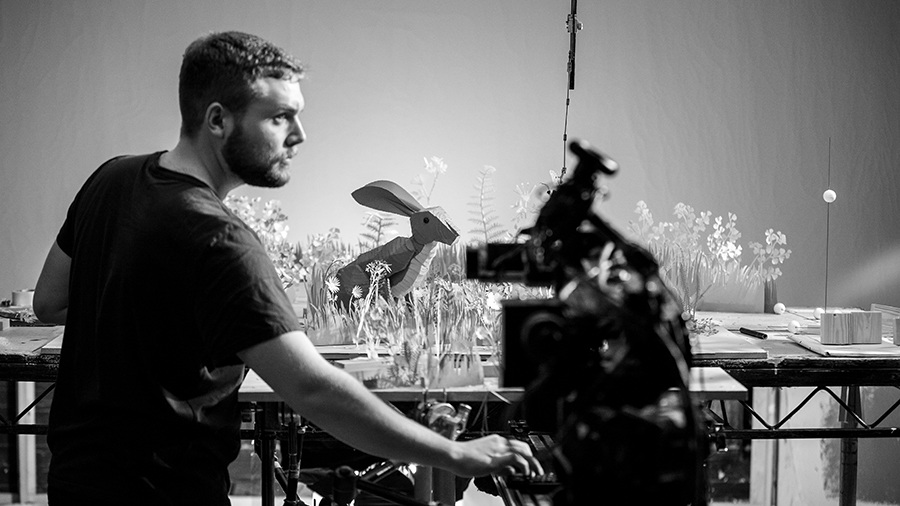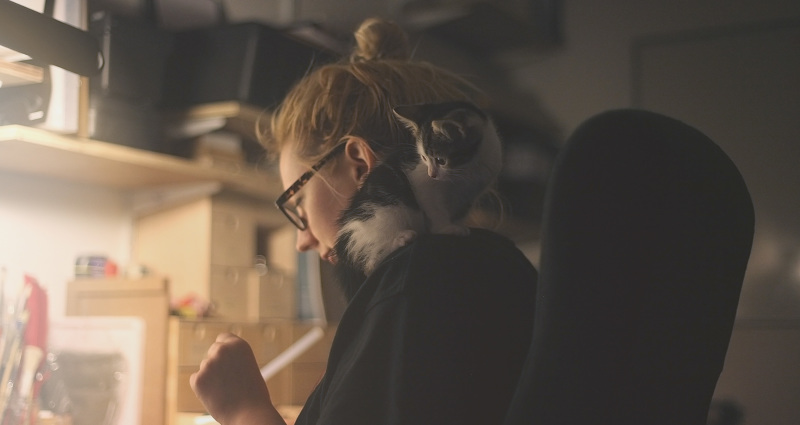Rich Mix London – Great Upcoming Events
https://flic.kr/p/2b8SSJK
As The 62nd BFI London Film Festival enters full swing, our SHORT CUTS venue partner Rich Mix London invites you to enjoy the glitz, glamour and great stories of one of the world’s most wide-reaching film festivals. But the fun won’t stop with the end of LFF, because Rich Mix has a whole season of festivals that will take you right through November.
Next up will be Film Africa 2018, opening on Friday 2 November. With up to 10 days of screenings, Q&As, debate, live music and parties, discover incredible new African new waves like Wanuri Kahiu’s incredible, Kenyan LGBT drama Rafiki.
https://flic.kr/p/NLmcWv
Then Doc’n Roll Film Festival will be making a two night stop on its UK-wide tour, and giving you the chance to enjoy two incredible music documentaries as they were intended – loud!
As part of Rich Mix’s growing commitment to female filmmakers, they’ll also be welcoming in Underwire Film Festival, the UK’s largest film festival celebrating women working across the film crafts, from Saturday 17 November. Particularly exciting will be standout events co-hosted by Bechdel Test Fest and Short of the Week…
Plus, if you’re involved in the film education in Tower Hamlets, Rich Mix is also hosting Into Film Festival, which is running lots of free screenings to help with the education and personal development of people under the age of 19.
https://flic.kr/p/QoMD2N
So whether you’re looking to see the latest life-changing blockbuster months before it’s out, share formative film experiences, or discover and support world perspectives you wouldn’t normally see, Rich Mix has got everything you could possibly want to see this autumn.






